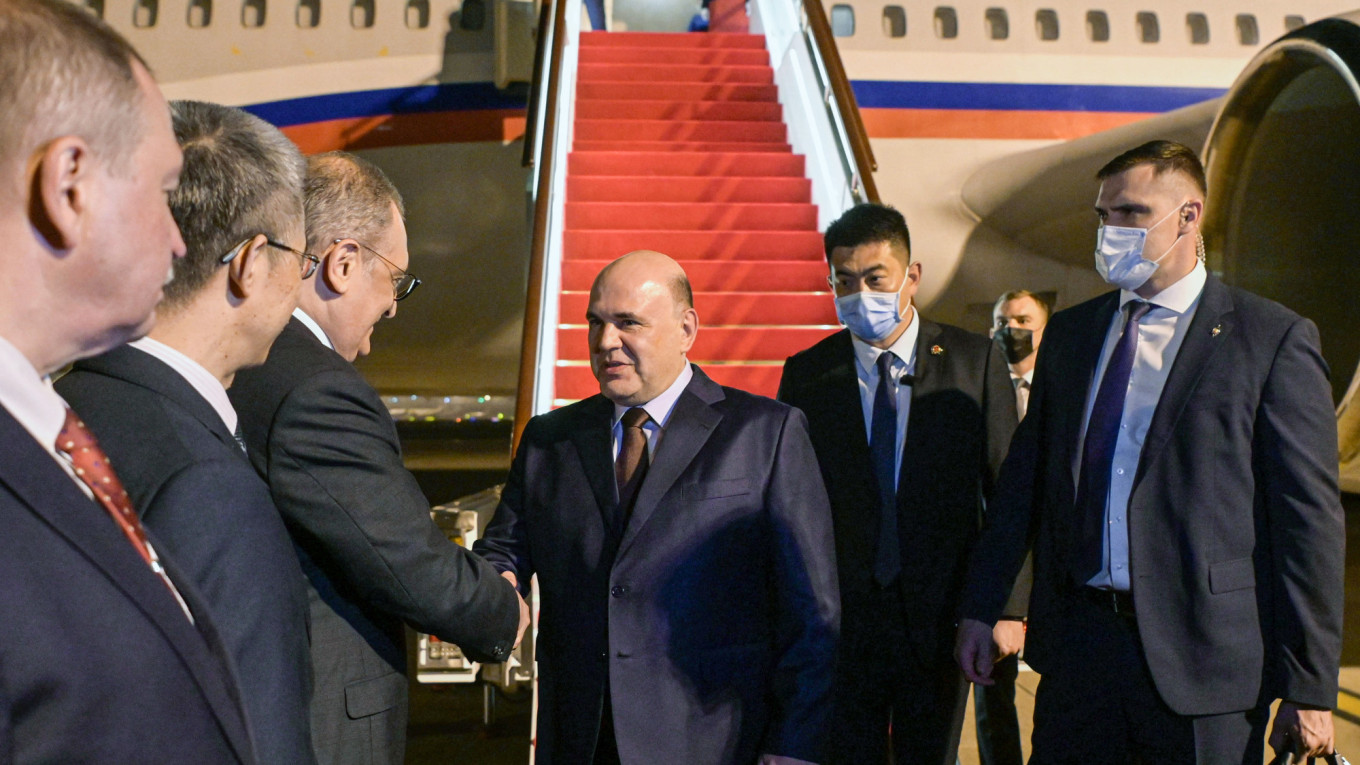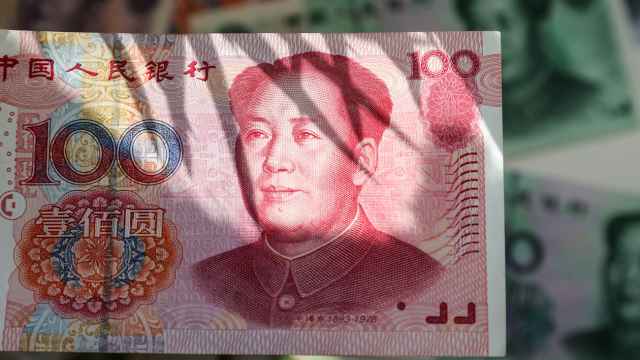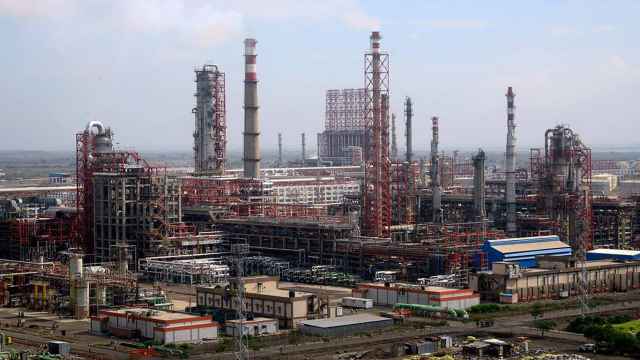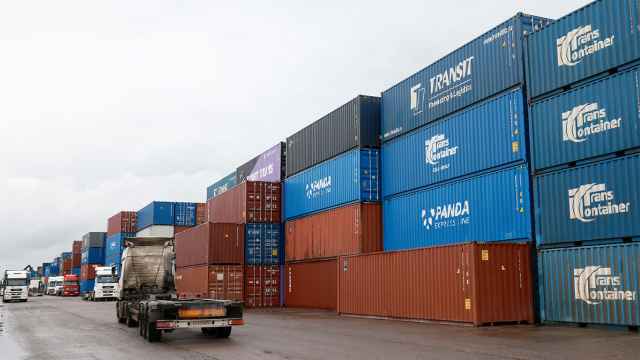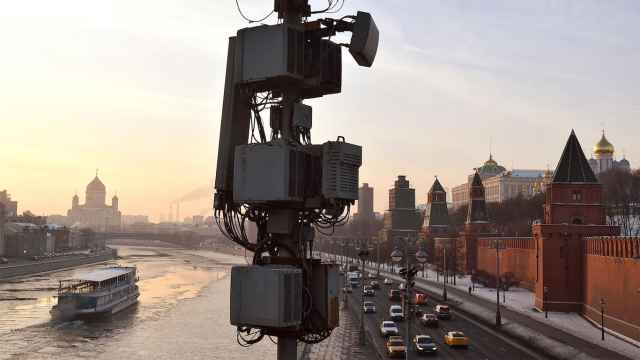Russia's prime minister on Tuesday hailed economic ties with China during a visit in which he will meet with President Xi Jinping and ink a series of trade deals.
The two nations have in recent years ramped up economic and diplomatic cooperation, with ties growing closer since Moscow's invasion of Ukraine despite Beijing's insistence it is neutral in the conflict.
Mikhail Mishustin arrived late Monday in Shanghai, the Russian Foreign Ministry said, before attending a Russian-Chinese Business Forum in the financial hub the next morning.
Also invited to the forum were a number of Russian tycoons subject to Western sanctions, including from the key fertilizer, steel and mining sectors, Bloomberg reported.
"Last year Russia was subjected to sanctions pressure on an unprecedented scale... We withstood and also continue progressive development," Mishustin told the event.
"I am convinced that deepening Russian-Chinese ties and increasing cooperation will have a positive effect on the economies of both countries," he said, according to a video released by Russia's Foreign Ministry.
China is Russia's largest trading partner, with trade between the nations reaching a record $190 billion last year, Beijing customs data shows.
"I am sure that this year we'll accomplish the goal set by the heads of our states Vladimir Putin and Xi Jinping to get mutual turnover to $200 billion," Mishustin added, referencing a goal set at a summit in March.
China last year became Russia's top energy customer as Moscow's gas exports otherwise plummeted due to a flurry of Western sanctions over the invasion of Ukraine.
Deputy Prime Minister Alexander Novak, who handles energy policy, was also present at the Tuesday forum in Shanghai.
According to Russian state media, Novak said Russian energy supplies to China would increase by 40% year-on-year in 2023.
There was tight security as the Russians arrived in the city, with an AFP journalist reporting an increased police presence around the Russian consulate and the nearby conference center where the forum was taking place.
A heavy security presence was also in place at an exclusive hotel on Shanghai's historic Bund waterfront, with the road to the entrance blocked off and guests having to approach on foot.
Xi meeting
Mishustin will next travel to Beijing, where he will meet with Xi and Premier Li Qiang, Russian state media TASS said.
He is set to ink a series of deals on infrastructure and the economy.
Western nations have been leaning on Beijing to use its influence to pressure Moscow to end the invasion of Ukraine, but China has continued to push for further economic cooperation with Russia.
Asked to comment on whether Russia-China ties might ruffle feathers in the West, Chinese foreign ministry spokeswoman Mao Ning said it was "normal economic and trade cooperation... on a basis of equality and mutual benefit."
"We have always opposed unilateral sanctions unauthorized by the UN Security Council," she added.
"China-Russia cooperation does not target any third party, nor does it allow interference or coercion by any third party."
Analysts say China holds the upper hand in the relationship with Russia, and that its sway is growing as Moscow's international isolation deepens.
In February, Beijing released a paper calling for a "political settlement" to the Ukraine conflict, but Western countries said it could enable Russia to hold much of the territory it has seized.
During their March summit in Moscow, Xi invited Putin to visit Beijing.
A Message from The Moscow Times:
Dear readers,
We are facing unprecedented challenges. Russia's Prosecutor General's Office has designated The Moscow Times as an "undesirable" organization, criminalizing our work and putting our staff at risk of prosecution. This follows our earlier unjust labeling as a "foreign agent."
These actions are direct attempts to silence independent journalism in Russia. The authorities claim our work "discredits the decisions of the Russian leadership." We see things differently: we strive to provide accurate, unbiased reporting on Russia.
We, the journalists of The Moscow Times, refuse to be silenced. But to continue our work, we need your help.
Your support, no matter how small, makes a world of difference. If you can, please support us monthly starting from just $2. It's quick to set up, and every contribution makes a significant impact.
By supporting The Moscow Times, you're defending open, independent journalism in the face of repression. Thank you for standing with us.
Remind me later.


